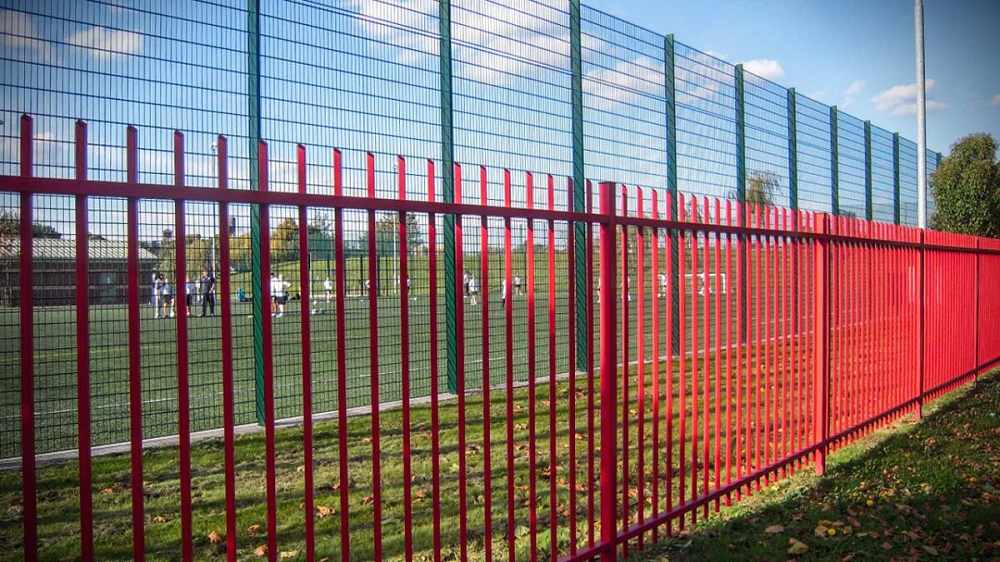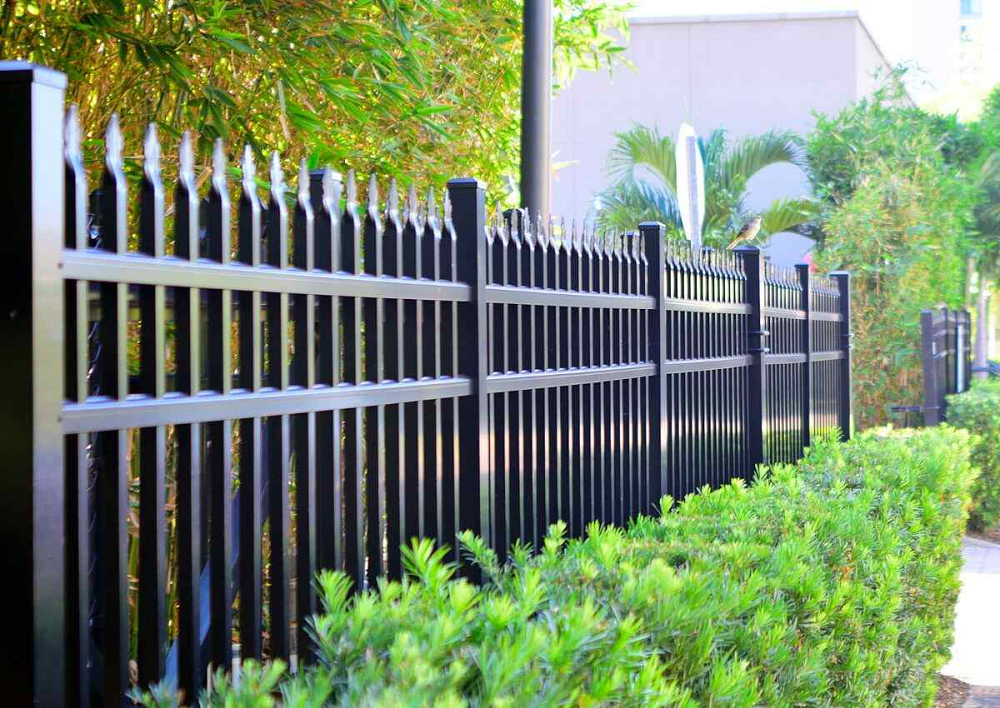As a homeowner, choosing the right fencing material can be a difficult task. If you are buying fencing for your yard for the first time, you may not know which option to pick. You need to pick the right fencing option that can suit your budget and also last for a long time.
Choosing the right one is essential to enhance your home’s curb appeal, increase safety and also define your property line. Here are five tips to help you make an informed decision when it comes to buying a fence for your home.
1. Consider Your Primary Needs
Before diving into different fencing materials, it’s important to think about what you need the fence for. Are you looking to add privacy, increase security, or just improve the appearance of your yard? Each type of fencing material has its strengths. For instance, if privacy is your main concern, you might want to look into materials that offer solid panels, like wood or vinyl.
On the other hand, if home security is a top priority, sturdy options like chain-link or wrought iron might be more suitable. By identifying your primary needs, you can narrow down your choices and find the material that best meets those needs.
2. Explore Aluminum Fencing Options
Aluminum fencing is a popular choice for many homeowners due to its durability and low maintenance. It’s resistant to rust and doesn’t require frequent painting or sealing, which makes it a practical option for many environments. If you’re drawn to aluminum, there are various aluminum fencing options available. Some designs mimic the look of wrought iron, giving you an elegant appearance without the high cost and maintenance.
Aluminum fences can also be customized with different colors and styles to match your home’s aesthetic. However, if you’re looking for privacy, aluminum might not be the best choice since it often features spaced pickets that can leave gaps.

3. Think about Maintenance
Different fencing materials require different levels of maintenance. Wood fences, while attractive and versatile, need regular upkeep such as painting or staining to prevent rot and weather damage. Vinyl fences are known for their low maintenance and durability, as they don’t require painting or sealing.
Chain-link fences are also low maintenance but may not offer the aesthetic appeal that other materials provide. Aluminum fences, as mentioned, are resistant to rust and require minimal maintenance. Consider how much time and effort you’re willing to put into maintaining your fence when choosing your material.
4. Evaluate Durability and Lifespan
The durability of a fence is another crucial factor to consider. You want a fence that will stand up to the elements and last for many years. For example, metal fences like aluminum or wrought iron are highly durable and can withstand harsh weather conditions. Wood fences, while sturdy, can be susceptible to rot and insect damage over time.
Vinyl fences are also known for their durability and can last for decades without significant wear and tear. When evaluating durability, think about your local climate and the specific conditions your fence will face.
5. Factor in Costs
Make sure to determine your budget before you check out the options in the market. The cost of the fence can vary depending upon the type of material you choose. Fencing materials like wood and vinyl can be more on the expensive side as compared to the basic aluminum fence.
You also need to remember to factor in long-term costs of the fence as well. For a fence that requires frequent replacement or maintenance, you may end up paying more in the long run.

